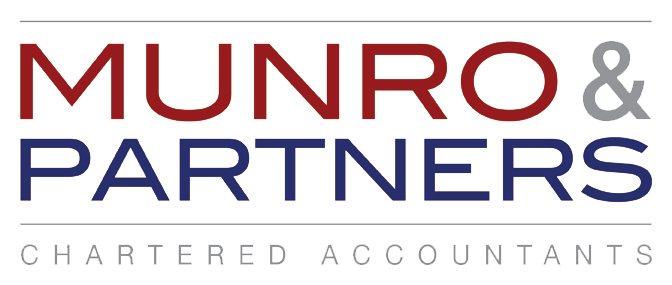There’s a lot to think about when you’re forming a limited company, especially if you’re taking on the role of director.
With this business structure, you have the benefit of being able to separate your own finances from those of the business, and the added credibility that comes with a limited company.
Compared to operating as a sole trader, however, becoming a company director comes with considerably more statutory responsibilities.
According to the Companies Act 2006, directors must:
- act within their powers as a company director
- promote the success of the company
- exercise independent judgement
- exercise reasonable care, skill and diligence
- avoid conflicts of interest
- not accept benefits from third parties
- declare any interest in a proposed transaction or arrangement with the company
Within these general responsibilities, there are several more specific financial and administrative tasks that either you or your accountant will need to complete.
Here are some of the main duties to be aware of.
Follow the articles of association
When you set up your company, you’ll need to use written rules about running it, called articles of association. These must be agreed by the shareholders, directors and company secretary.
As a director, you’re required to follow these rules and act within the powers they set out.
Keep records
You’ll be responsible for keeping company records, including:
- details about the directors, shareholders and company secretaries
- results of shareholder votes
- debentures
- indemnities
- transactions involving shares
- people with significant control
- any loans or mortgages secured against the company’s assets.
You also need to keep financial and accounting records, such as:
- money spent and received
- assets owned
- debts owed
- stock owned and the stocktakes used to reach this figure
- all goods bought and
If you don’t keep accounting records, you risk being fined as much as £3,000 by HMRC or even disqualified as a company director.
Report changes
If you want to change the address of your company’s registered office, you’ll have to request approval from Companies House.
You’ll also need to report changes to other information, such as your business’s contact details, personal details of directors, or if you appoint an accountant or tax adviser.
File your accounts
Company directors must file their accounts with Companies House, and send a company tax return to HMRC.
These can be filed separately, or submitted together using HMRC’s online service or digital accounting software like Xero.
You also need to confirm that the information Companies House has about your company is correct each year, by filing a confirmation statement.
Pay tax
Limited companies need to pay corporation tax on the profits they make from doing business, making investments or selling assets.
The deadline for paying this is usually nine months and one day after the end of your accounting period.
Contact us
These responsibilities can be incredibly time-consuming, especially when you’d rather be prioritising your business – but thousands of pounds in fines could be at stake if you fail to meet your duties.
We can manage these tasks on your behalf, to free up your time and ensure you’re fully compliant with company law.
We can help with preparing company accounts and completing company secretarial duties, as well as forming a limited company and paying corporation tax.
Get in touch to discuss setting up and running a company.

